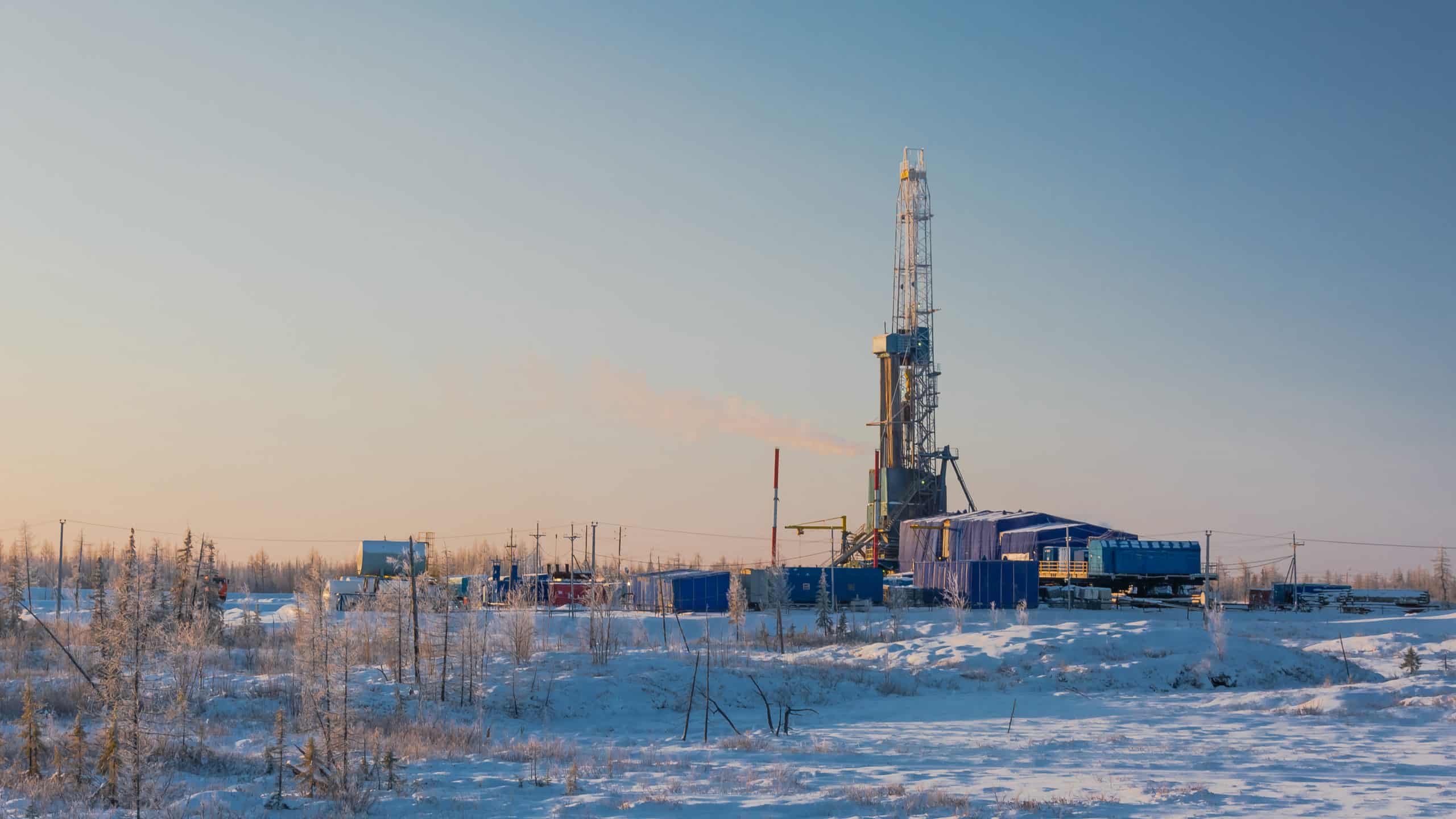Let’s take a brief look at what you can expect to learn in our Environmental Stewardship Course.
Environmental Stewardship Course Content Overview
- Global Water Cycle
- Water in Oil and Gas
- Environmental and Regulatory Considerations
- Health, Safety, Security, and Environmental and Social Responsibility
Composed of 18 topics, the Global Water Cycle lesson covers a wide range of topics such as, surface water and watersheds, groundwater reservoirs, sources of household water, private wells, well maintenance, natural contamination, methane migration, water sampling, water testing and baselines, water quality, and trends in water consumption. This lesson provides a thorough understanding of the relationship between energy and water within the context of complex environmental issues.
The Water in Oil and Gas lesson provides a more in-depth analysis of the different ways that water use and management impacts the oil and gas industry. The lesson covers use of water in various sectors, water jurisdictions and water rights, trends in water consumption, factors and obstacles related to sourcing water for oil and gas operations, natural events that affect oil and gas operations, use / treatment / recycling / disposal of water in oil and gas operations, and the role of water in recent unconventional plays.
Through their lifecycle, oil and gas operations intersect the entire ecosystem including water, soil, air and the human environment. Leveraging best management practices at every phase helps keep operations profitable and sustainable while mitigating damage to the natural environment that may negatively impact operations in the future. The Environmental and Regulatory Considerations lesson focuses on non-water environmental factors including best management practices for construction of production sites and pipelines, surface reclamation, the impact and regulation of oil spills, solids disposal and monitoring, fugitive emissions and gas flaring, soil and air impacts, and the potential risks of naturally occurring radioactive material.
The Health, Safety, Security, and Environmental and Social Responsibility lesson presents some of the many factors that determine the success of a project in the energy industry. Technologies and resources are certainly critical, but there are five factors that form the main ingredients for a social license to operate: health, safety, security, environment and social responsibility. These factors ensure a positive relationship between companies, the people working on the project, and the broader community of stakeholders. This final lesson in the course includes subject matter such as personal protective equipment, dermal absorption, hazardous additives, environmental regulation and legislation, hydrogen sulfide, first aid in the field, safety as a priority, and social license to operate.
The Environmental Stewardship course starts with an overview of the global water cycle and the energy-water nexus before closely examining other environmental concerns. The course ends with an overview of sustainable development as a best practice in the oil and gas industry. A self-check at the end of each lesson provides the opportunity to refresh and cement your knowledge so that you are ready for the next lesson.
Contact us today to learn more about our courses or check out our FAQ page for answers to our most commonly asked questions. Sign up for your next online training course with TOP Energy Training today!
Images: “Drilling rig in the northern oil and gas field” by stock.adobe.com


